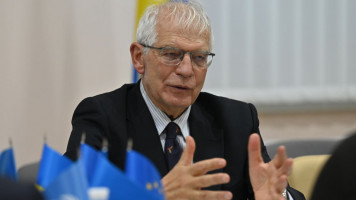Moscow shutting down Amnesty, Human Rights Watch in Russia
Russia said Friday it was shutting down the local offices of Human Rights Watch and Amnesty International that have been working in the country for the past 30 years.
The announcement came on the 44th day of Russia's military campaign in pro-Western Ukraine, with thousands killed and more than 11 million having fled their homes or the country in the worst refugee crisis in Europe since World War II.
Human Rights Watch has been operating in Russia for 30 years, while Amnesty has had a presence in the country since 1993.
All in all, 15 organisations have been taken off Russia's registry of international organisations and foreign NGOs due to "violations of the current legislation of the Russian Federation," the justice ministry said in a statement without providing further details.
Russia also shut down the local offices of the Carnegie Endowment for International Peace, Friedrich Naumann Foundation for Freedom, the Friedrich Ebert Foundation, the Aga Khan Foundation, the Wspolnota Polska Association and other organisations.
Rachel Denber, deputy director of the Europe and Central Asia division at Human Rights Watch, said there was little doubt the move was in response to the organisation's reporting on Russia's offensive in Ukraine.
"The Russian government had already made it abundantly clear that it has no use for any facts, regarding the protection of civilians in Ukraine. This is just one small further proof of that," Denber said in a statement to AFP.
Denber, who previously directed the watchdog's Moscow office, said Human Rights Watch would continue to work on Russia.
"HRW has been working on Russia since the Soviet era, when it was a closed totalitarian state," she added. "We found ways of documenting human rights abuses then, and we will do so in the future."
Agnes Callamard, Secretary General of Amnesty International, said her organisation would also continue to support Russians.
"We will redouble our efforts to expose Russia's egregious human rights violations both at home and abroad," she said in a statement.
"In a country where scores of activists and dissidents have been imprisoned, killed or exiled, where independent media has been smeared, blocked or forced to self-censor, and where civil society organisations have been outlawed or liquidated, you must be doing something right if the Kremlin tries to shut you up."
Over the past year Russian authorities have been presiding over an unprecedented crackdown on dissent and independent journalism that has included dubbing non-governmental organisations and media outlets as "foreign agents".
The label is reminiscent of the Soviet-era term "enemy of the people" and is meant to apply to people or groups that receive funding from abroad and are politically active.
On Friday, the justice ministry said it was designating six more people "foreign agents" including popular rapper Face who has spoken out against Russia's military campaign in Ukraine and left the country in protest.
"The first foreign agent rapper," he said on Instagram. "Thanks for the best birthday gift," said the singer who turned 25 on Friday.
In a watershed moment in Russia's post-Soviet history, late last year Moscow shut down Memorial, the country's most prominent rights group.
Founded in 1989 by Soviet dissidents including Nobel Peace Prize laureate Andrei Sakharov, it chronicled Stalin-era purges and also campaigned for the rights of political prisoners and other marginalised groups.
Alexei Navalny, the leader of Russia's embattled opposition, was jailed last year on old fraud charges after he survived a poisoning attack with Novichok, a Soviet-designed nerve agent, he blames on the Kremlin.
Last month a Russian court found him guilty of new charges of embezzlement and contempt of court and extended his sentence to nine years in a higher security prison as Moscow seeks to wipe out remaining pockets of dissent.

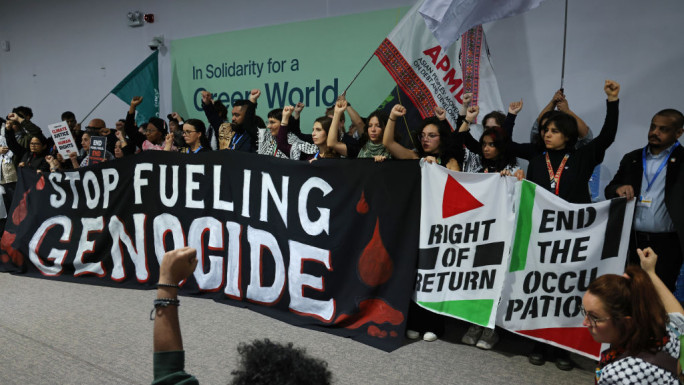

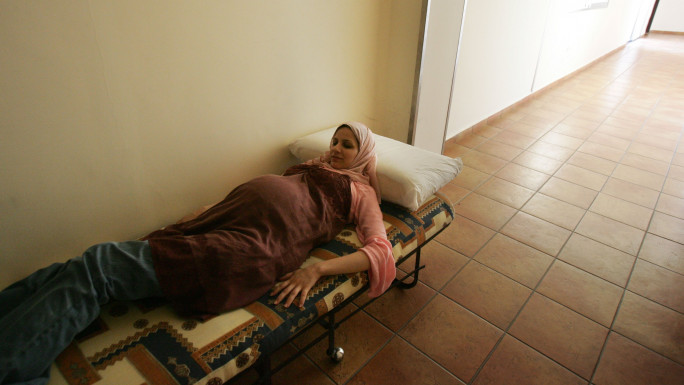
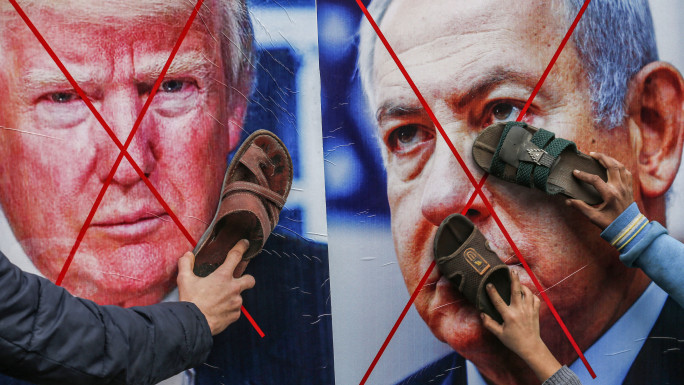
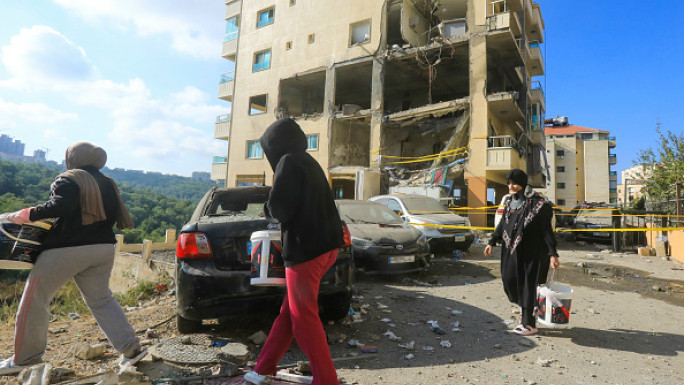
 Follow the Middle East's top stories in English at The New Arab on Google News
Follow the Middle East's top stories in English at The New Arab on Google News
![Gazans reel after Israel strike [Getty]](/sites/default/files/styles/image_330x185/public/2183300682.jpeg?h=a5f2f23a&itok=fN-GAQGE)

